David and Lisa think that reconnecting with traditional beliefs can help their communities heal physically, spiritually and emotionally. They’re part of a community movement to promote land-based activities, to revitalize language and to reconnect with cultural practices around birth, adolescence and death.
David: “For 15 years, I worked at a healing lodge where we had programs for sexual abuse, anger management, grief and abandonment. Just recently, I became the cultural coordinator for our First Nation reserve.”
“Growing up, I was very fortunate to spend a lot of time with traditional elders, and I was exposed to a lot of our ceremonies. Many of our First Nations people are looking for something that they can identify with. A lot of our culture and traditions are new again.”
“I have spoken to different elders and one thing they say in our language is mno/bmaadziwin, which means ‘A good way of living.’ It’s a holistic approach to health. It’s not only about the physical. There are spiritual, emotional, and mental aspects. We are taught that we have to take care of all four aspects of our being in order to be healthy.”
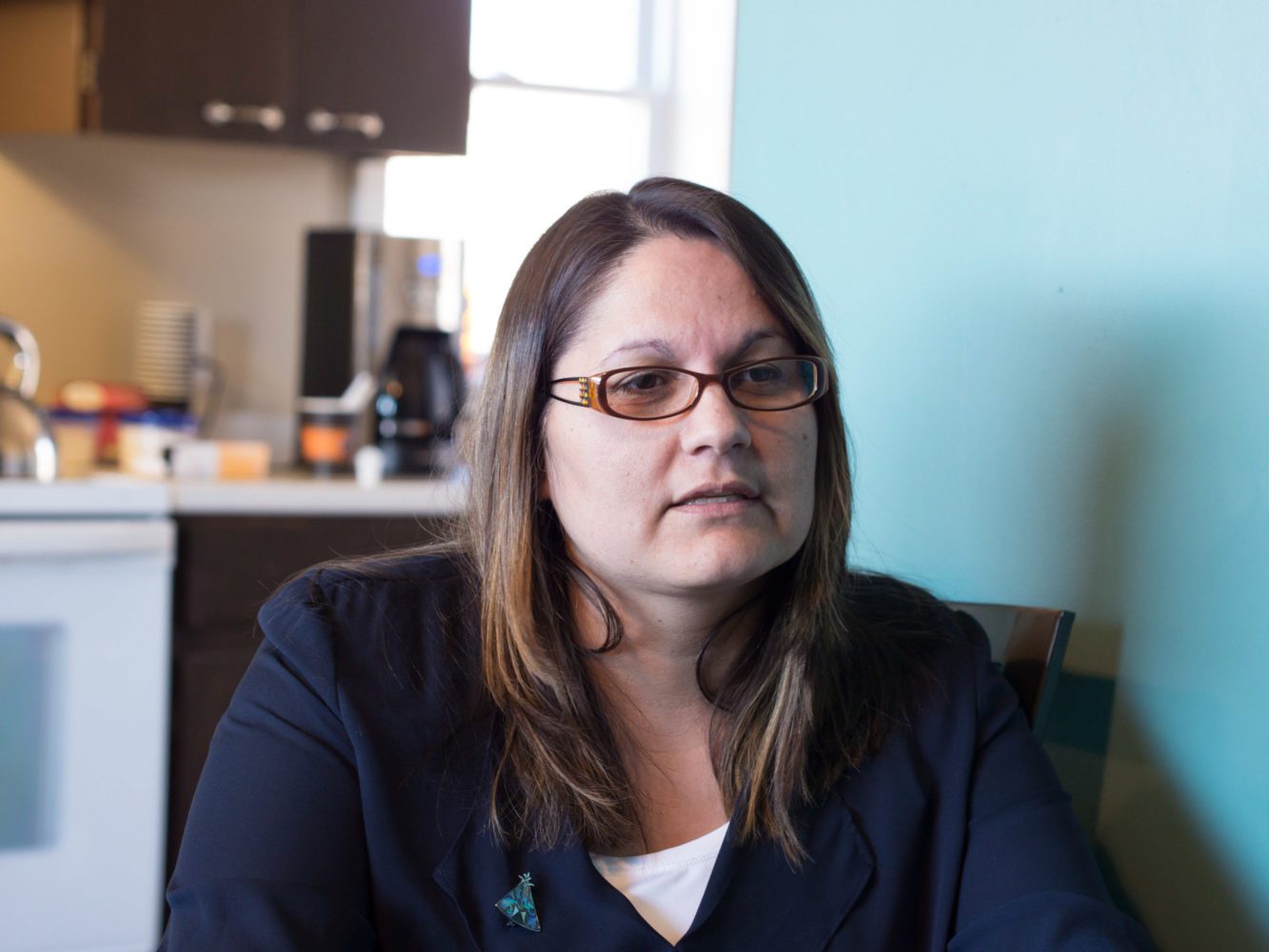
Lisa: “I am a mother of four children and have had all my children in a regional hospital. Traditionally, a woman would give birth at home surrounded by women. A fire would be lit outside, and the keeper of the fire was either the father or the grandfather of the baby being born. Maybe even an uncle. And that fire remained burning until the birthing process was completed.”
It was really hard for me to have my children in a hospital where I couldn’t call on my sister-in-law, my mother, or my three aunts who have gone through the process.
“They were always pushing for the male to be in there, when traditionally that wasn’t what was done.”
“I found it such a sterile environment. We usually sing songs, but we couldn’t. Only one doctor asked if I would like to take the placenta, which is part of our tradition – we hang it in a tree in the bush or bury it. The placenta and umbilical cord are seen as part of the child so we believe they should go back to the earth. It’s about grounding the child and making sure they’re content and connected to the earth.”
“Did you raise this issue with people at the regional hospital?”
“Being young, it wasn’t a fight that I was prepared to take on. I specifically remember having my second son, and my first son was there shortly after birth. And we had to keep him quiet. It just wasn’t a welcoming situation. It got to the point where I wanted to leave the hospital early. I was sharing a room with three other mothers and it wasn’t a very good place for my other family members to be in.”
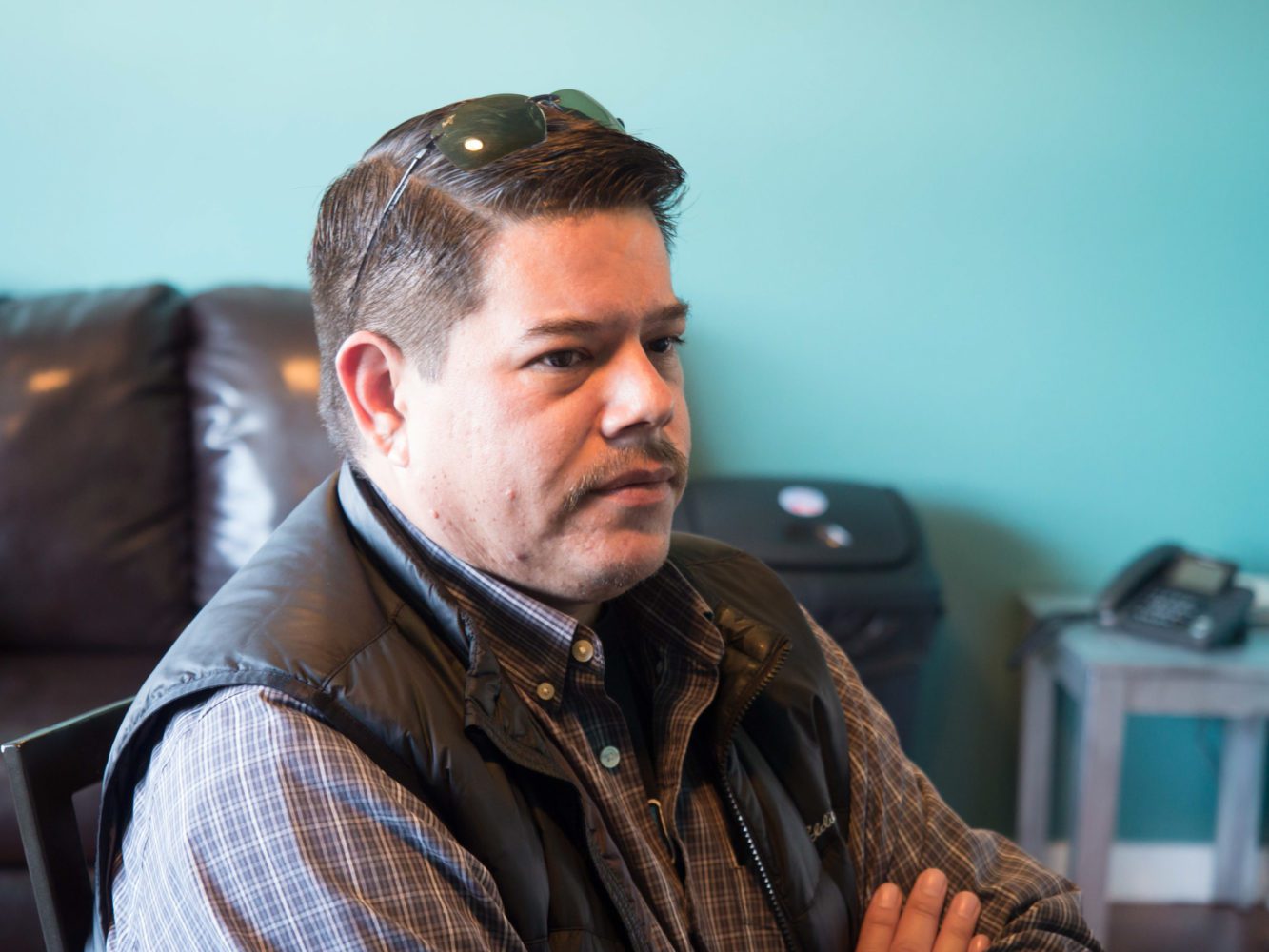
David: “We believe that when you are close to death your ancestors will come to the foot of your bed. They are preparing you for your departure from the physical world. If I did not know of those beliefs, I could walk in to the room and say, ‘This guy is hallucinating. He is losing it. His medication is too high.’”
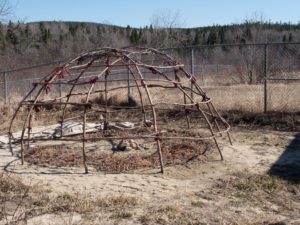 “Within our culture and traditions, when someone passes on, we put on a four-day fire. The purpose is to help guide that person on their journey. But it also helps the family. When you have that fire, the family gathers and everybody is together. Amongst our culture and our traditions, First Nations people have so much to help us be healthy and strong.”
“Within our culture and traditions, when someone passes on, we put on a four-day fire. The purpose is to help guide that person on their journey. But it also helps the family. When you have that fire, the family gathers and everybody is together. Amongst our culture and our traditions, First Nations people have so much to help us be healthy and strong.”
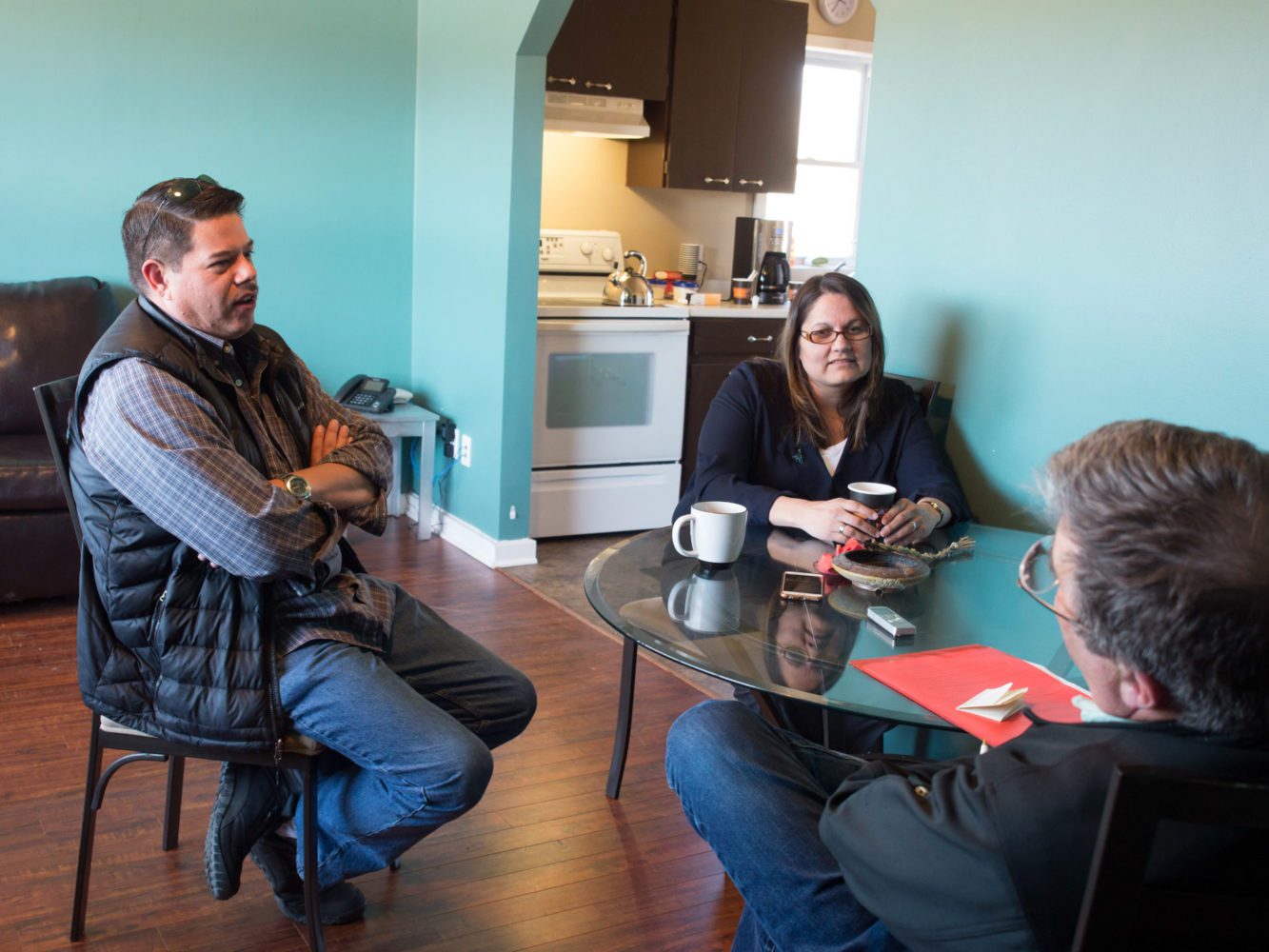
David: “My grandmother shared with me stories of what she went through. Our people were told that everything about who they were was no good. In order for us to be of any use to society, we had to learn a new language and a new spirituality. Many of our people started to believe that. And still believe that.”
But what’s happening in our community, a lot of our people are starting to say, ‘You know, we are beautiful people. We have a beautiful rich history and we have much to offer.’
Lisa: “I am in education. We are adding our own traditions to the Ontario Health Curriculum. For example, when we talk about a girl’s first menstrual cycle, this is the time when a girl becomes a woman. There is a ceremony that the grandmothers and the female members of her family will take her through. As part of this process, they abstain from berries for a full year. One of the most important traditional teachings is that when a woman was on her time, she didn’t touch the sacred objects in ceremonies, she didn’t take her pipe and smoke it, because she is already going through her own sacred ceremony. There were some times where she didn’t even cook, everything was prepared for her. She was kind of in her own little space. It was never ever something that was made fun of, or ‘Oh, you’re degrading women!’ To me as a child growing up and as a young girl, when I received those teachings, it was never about women being inferior to men.”
David: “From a male perspective when growing up, women were always held with such high regard and respect. They have the power to create life, something that a man will never experience. A man’s role was to support and to help in whatever she needed. When you look at society today, it’s not like that. When you look at all the murdered and missing indigenous women in this country, that is a result of a disconnection from a way of life. Our people have lost our understanding of the sacredness of women. That’s something that has to be brought back.”
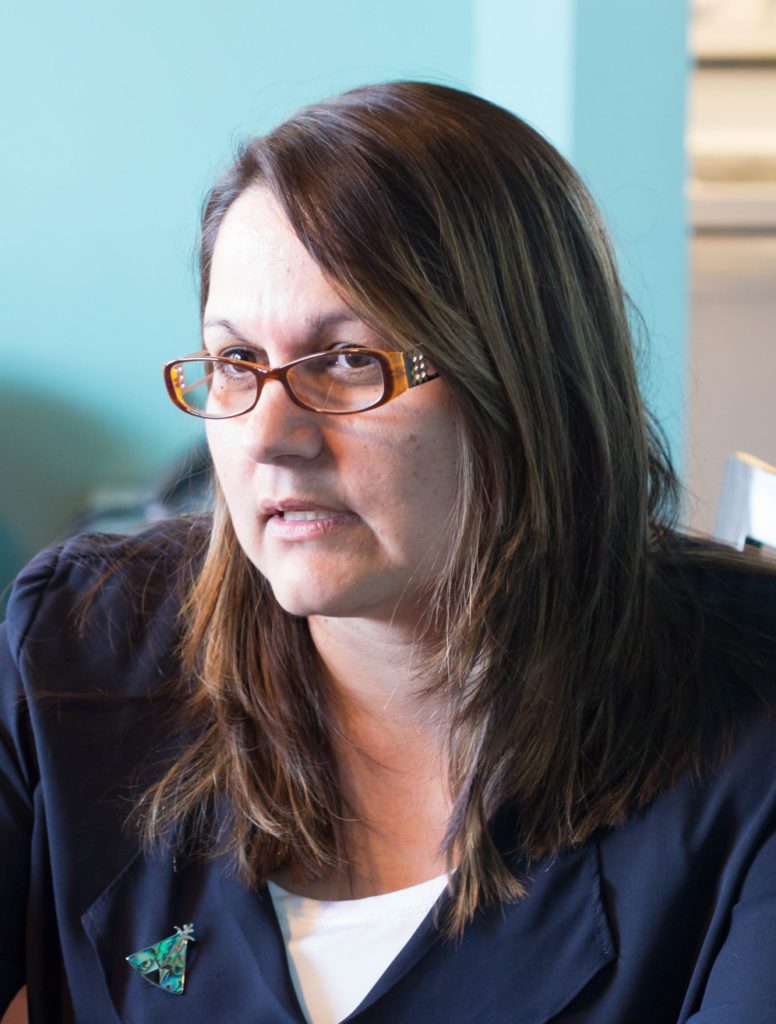
“What are you doing in the schools around diabetes?”
Lisa: “There’s diabetes screening every year. And of course there’s healthy eating. We want kids to eat moose meat, to eat fish. The school had fish camp about two weeks ago. We took the kids out for three days. A couple of students got to make their own nets and set the net with members of the community. They know the lake, the boats, where the fish are. They took students out there, they set the net, and they checked it the next day. They cleaned the fish, they cooked it out there, and they ate it. We also run a moose camp for a week in the fall. We rely on experienced hunters to guide us. The kids are involved right from shooting the moose (I mean they don’t take the gun until they reach the legal age) but they are involved from going out there, to hauling it back to camp, to skinning it and preparing it. They snare rabbit. They’ve gone to get beaver.”
“We try to connect them back to the land. We have made it part of their school curriculum.”
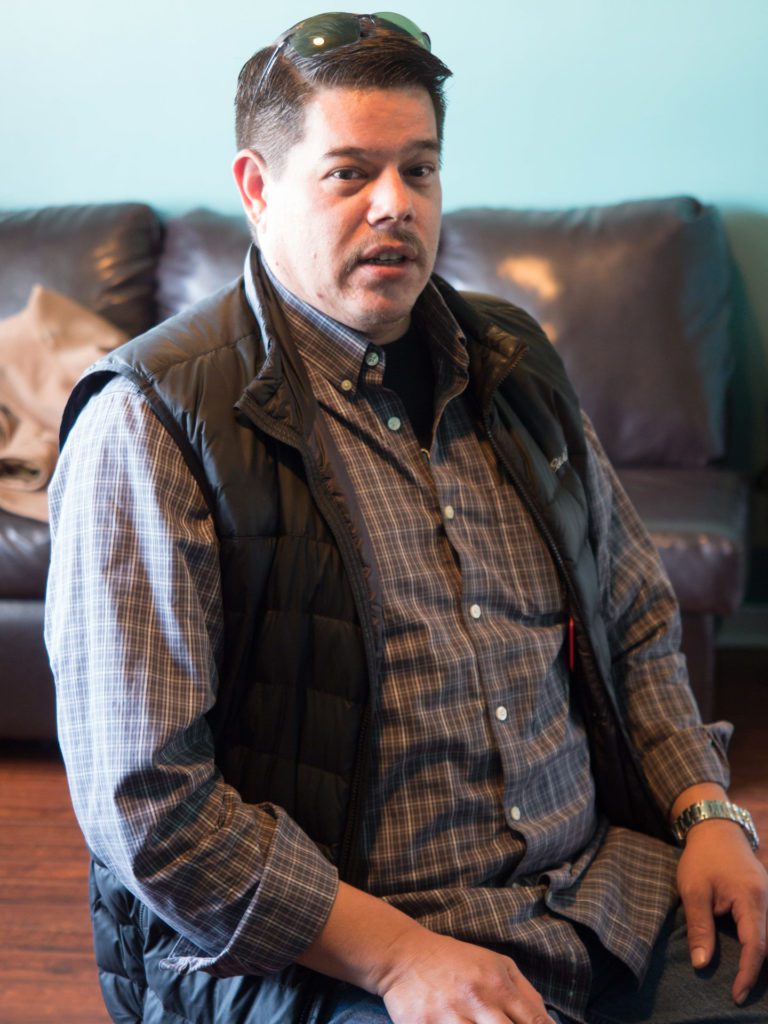
David: “We hold the land sacred. In our language we say nokomis. That means grandmother, the great mother. What that’s telling us is that the earth provides everything that we need to be able to live in a good, healthy way. She provides food, medicine, shelter.”
“I have worked with traditional healers and when they go onto the land to get the medicines, there’s a whole spiritual connection that they have.”
During that whole process, they are praying with the person in mind that they are collecting the medicines for.
“My father was diagnosed a couple of years ago with pulmonary fibrosis. The first doctor basically said, ‘This is your diagnosis. This is how much time you may have. Get things ready.’ And that was it. My father is a very spiritual man and he refused to believe that. He looked for alternative treatments. As he struggled to deal with his diagnosis, I could see his spirit and how down he was. I called people to help, and you could see the change in him. The spiritual support he was given, it gave him strength. He does a lot of work with traditional healers. And he is doing okay.”
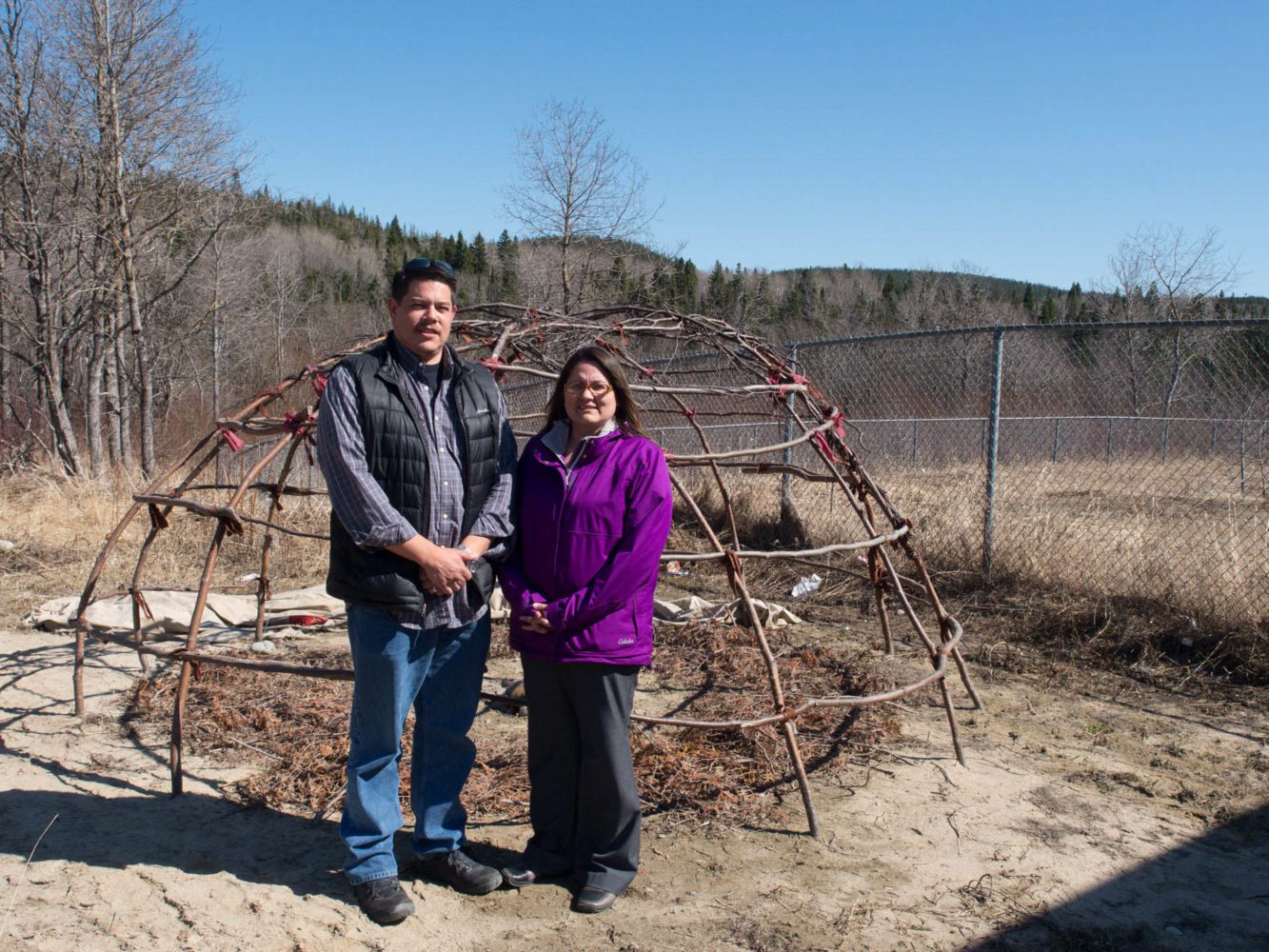
David: “Language is a key to understanding who we are and where we come from as a people. Elders will always say that language is such a big part of our culture, our relationship to our environment and our relationships amongst each other. Bringing the language back enables us to see far into our history and the way our ancestors saw and viewed things.”
Lisa: “There are probably ten fluent speakers of our language in our community. The generation before us, our parents, are great at understanding. But they are not fluent speakers.”
We are both working on revitalizing our language.
“I’m trying to promote it in the schools. David is supporting community members who are setting up an online dictionary.”
“It is based on audio that someone recorded in the 50s of some speakers in our communities. We are understanding how things can be lost in translation. Words don’t mean literally what they do in English. We don’t have words that mean ‘old lady’. Instead, the words translate to ‘the one who holds the family together.’”


The comments section is closed.